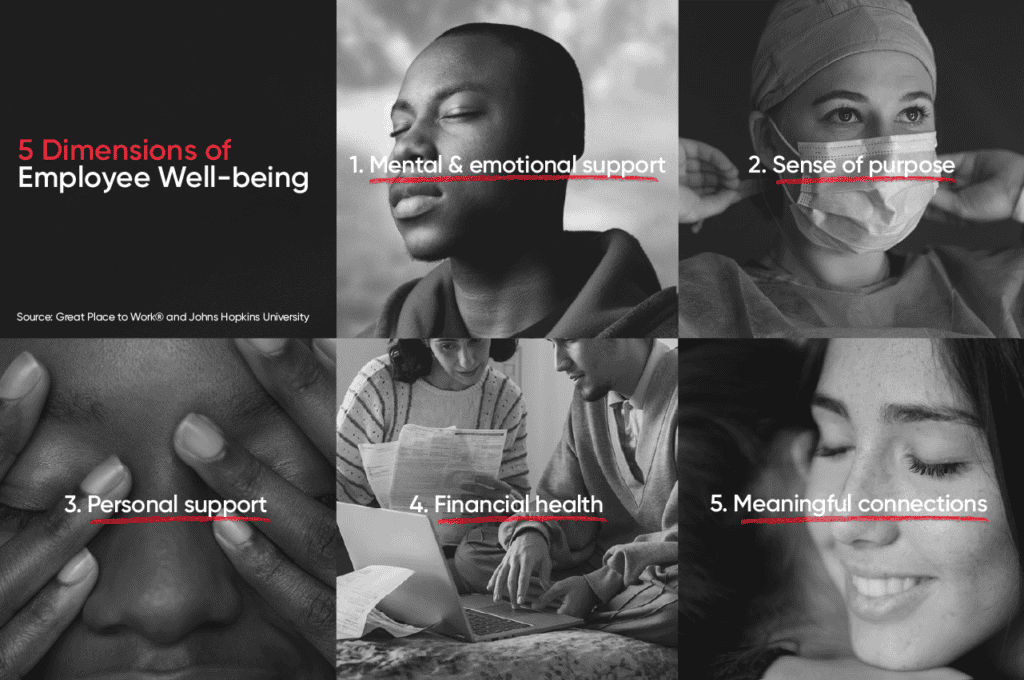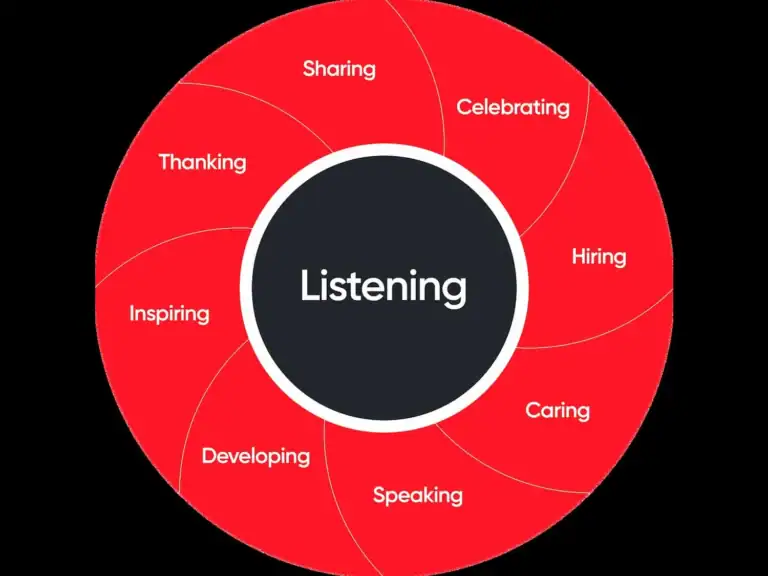
Employees Well-being in a workplace

Rawan Wehbe
As Adults, we spend many of our waking hours at work. During recent years, our working environments have changed in ways that would have been difficult to imagine a generation ago, post pandemic and after all the challenges the world passed through in different areas and perspectives, a lot of people re-arranged their priorities and the way they see things even when it comes to their jobs and workplaces.
At that point the world gave more attention to the importance of mental health and employees wellbeing in the workplace.
Many factors influence the mental health of employees. Organizational issues include poor communication and management practices, limited participation in decision-making, long or inflexible working hours and lack of team cohesion. Bullying and psychological harassment are well-known causes of work-related stress and related mental health problems. Working environments where rapid, life-saving decisions need to be made, for example by first responders in emergencies, also come with their own challenges.
A Study*: Great Place to Work® partnered with researchers at Johns Hopkins University in USA a special study to determine the true sources of employee well-being.
Employee experience is influenced by many factors, but five are key for creating the climate necessary for positive employee well-being:
1. Mental & emotional support
This relates to the feelings and experiences that build and sustain positive mental energy. When employees have good mental and emotional support, they are more likely to have what psychologists call “positive attribution” or “optimistic attribution” style.
An individual who experiences strong mental and emotional support can better manage workplace stress and anxiety.
2. Sense of purpose
A sense of purpose comes from experiencing three things at work:
- Fulfillment
- Meaning
- Progress
Aligning an individual’s role with the organization’s mission, or identifying tasks as critical, can foster a higher sense of purpose or fulfillment.
Want to get recognized for your great culture?
Find out how you can power your people analytics function and show the world you’re a great workplace with our Great Place to Work-Certification™ process.
3. Personal support
Working with others – especially managers – who create a safe, trusting, and respectful atmosphere can be an important predictor of employee well-being.
Employees with high levels of workplace flexibility and job control, as well as the resources to accomplish their goals, have evidence of personal support.
Managers can also demonstrate support through employee development and career growth opportunities.
4. Financial health
When employees lack adequate financial resources, anxiety and fear can affect their outlook.
Financial dissatisfaction can also arise when there is inequity in a workplace’s compensation practices. This highlights the importance of equal pay and promotion practices.

5. Meaningful connections
Supportive social relationships can be associated with lower stress levels. Having meaningful and caring relationships with co-workers and leaders is an integral part of the work experience, especially when they support personal needs.
An environment of equity and inclusion is also necessary to create psychological safety and teamwork, which can foster a sense of belonging.
There is a growing urgency to address employee well-being because of how it will impact the future workplace. By focusing on one or more of these areas, your company can build toward a healthier workplace and better employee retention.
Fortunately, there is a growing recognition that the mental well-being of employees has a positive impact on organizational success as well as on employee health, professional fulfilment and quality of life.
What is missing, however, is global guidance to help organizations ensure that the programs and interventions they introduce are based on the best-available evidence for the mental health of employees, guidance that can be used by organizations in countries of all income levels.
By creating a climate of mental support, purpose, financial health, and meaningful connections, business leaders can provide a foundation for positive well-being that allows employees to flourish.
*Source : Great Place To Work ® & John Hopkins University -USA

HR Trends in the Middle East 2026
What did 2025 teach us about people management, and what is on the outlook for 2026? From the disruptive forces of AI and skills-based hiring

What Makes Napco a Great Place To Work®? It Starts with Family Spirit and Ends with Impact
What Makes Napco a Great Place To Work®? It Starts with Family Spirit and Ends with Impact About Napco National Napco National has been part of the Saudi industrial landscape since 1956,

9 High-Trust Leadership Behaviors That Build Great Workplaces
Caring, Celebrating, Developing, Employee Experience, Hiring, High-trust leadership, Inspiring, Leadership & Management, Listening, Managerial Communication, Sharing, Speaking, Thanking Every employee should take these behaviors to heart whether or not they are people leaders. I often get asked

The Evolution of Workplace Culture: Why It Matters More Than Ever in 2025
One universal workplace experience is the emotional imprint left by an organization—its energy, trust, and sense of belonging. Although experts may agree on what constitutes

How Purunity Embeds Goodness into Work and Culture
People go where there is pride in the work they do. At Purunity, this sense of pride stems from our core mission: driving innovative and
Get Insights In Your Inbox
Access the latest news, research, and best practices to inspire your great workplace journey.
